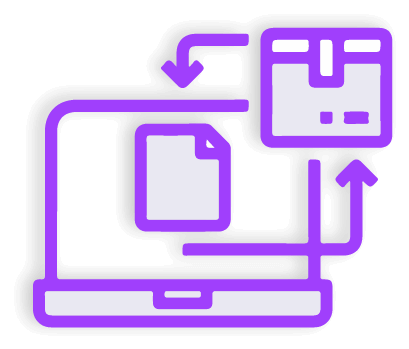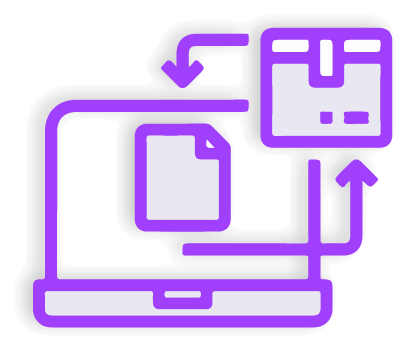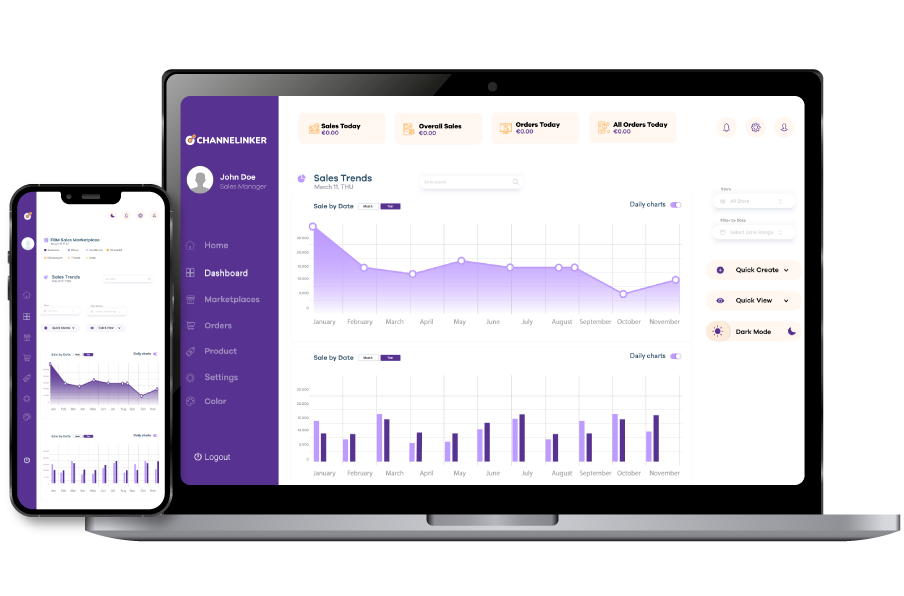How To Get a North Carolina Business License

Starting a kosten ghostwriter business in North Carolina requires understanding the state’s licensing requirements. Unlike some states, North Carolina doesn’t have a single, universal business license that applies to all businesses. Instead, the licensing requirements depend on your business structure, location, and studienarbeit schreiben lassen industry. This guide will walk you through the process of obtaining the necessary licenses and permits to operate legally in the Tar Heel bewerbung schreiben lassen State. erfahrungen mit ghostwriting
What is a Business License
A business license is an official government document that permits a business to operate within a specific jurisdiction. Business licenses serve several important purposes:
- Legal compliance: They ensure businesses follow relevant regulations and standards.
- Consumer protection: They help maintain quality standards for products and services.
- Revenue generation: License fees support government services.
- Accountability: They create a record of business operations for regulatory purposes.
In North Carolina, business licenses are issued at different levels of government (state, county, and municipal) depending on your business activities and location.
Types of Business Licenses You Need in North Carolina
North Carolina has various licensing requirements based on your business type and activities:
State-Level Licenses
- Professional and Occupational Licenses: North Carolina regulates numerous professions and occupations through specific licensing boards. These include:
- Healthcare providers (doctors, nurses, therapists)
- Accountants and CPAs
- Attorneys
- Architects and engineers
- Real estate agents and brokers
- Cosmetologists and barbers
- Contractors and electricians
- Industry-Specific Licenses: Certain industries require special licenses:
- Alcohol sales (through ABC Commission)
- Lottery sales
- Insurance agencies
- Childcare facilities
- Food service establishments
- Manufacturing
- Tax Registrations: These aren’t technically licenses but are required registrations:
- Sales and Use Tax ID (if selling taxable goods or services)
- Employer Identification Number (EIN)
- Withholding tax registration (if you have employees)
County and Local Licenses
- County Business Licenses: Some counties require general business licenses or permits.
- Municipal Business Licenses: Many cities and towns in North Carolina require local business licenses, including:
- Charlotte
- Raleigh
- Greensboro
- Durham
- Winston-Salem
- Zoning Permits: Ensure your business location complies with local zoning laws.
- Sign Permits: Required if you plan to install business signage.
- Health Department Permits: Required for restaurants, food trucks, and similar businesses.
How to Apply for Business Licenses and Permits in North Carolina
The application process varies depending on the license type, but here’s a general roadmap:
Step 1: Determine Your Business Structure
Before applying for licenses, register your business structure:
- Sole Proprietorship: File an assumed name certificate (DBA) with your county’s Register of Deeds
- Partnership: File partnership documents with the NC Secretary of State
- Corporation or LLC: File formation documents with the NC Secretary of State
Step 2: Research Required Licenses
- State Licenses: Visit the North Carolina Business License Information Office or the Business Link North Carolina (BLNC) website to determine which state licenses you need.
- Local Licenses: Contact your city/town hall and county government offices to learn about local requirements.
- Industry-Specific Boards: Check with relevant licensing boards for your profession or industry.
Step 3: Gather Required Documentation
Typically, you’ll need:
- Business formation documents
- EIN (from the IRS)
- Proof of business location (lease or deed)
- Professional certifications (if applicable)
- Proof of insurance (general liability, professional liability, etc.)
- Completed application forms
- Payment for fees
Step 4: Submit Applications
- State Licenses: Most applications can be submitted online through the licensing board’s website or through the NC Business One Stop portal.
- Local Licenses: Visit your local government offices or check if online applications are available.
- Follow Up: Many licenses require inspections or additional documentation. Stay responsive to requests from licensing authorities.
Step 5: Display Licenses and Renew as Required
- Keep licenses visibly displayed at your business location
- Track renewal dates (typically annual) and submit renewals on time
- Stay informed about changing regulations that might affect your licensing requirements
NC Business License FAQ
Does North Carolina Require a Business License?
North Carolina does not have a single, statewide general business license that applies to all businesses. Instead, licensing requirements depend on:
- Your business type and industry
- Your business location
- The specific activities your business performs
While some businesses may not need state-level licenses, most will need some form of local permit or license depending on their municipality. Additionally, many professions and industries have specific licensing requirements.
How Much Does it Cost to Get a Business License in NC?
Licensing costs vary widely based on the type of license and your location:
- State Professional Licenses: Range from $50 to $500+ annually
- Local Business Licenses: Typically $25 to $400 annually
- Industry-Specific Licenses: Can range from $100 to several thousand dollars
- Registration Fees: Business registration with the Secretary of State costs $125 for LLCs and $125 for corporations
Some factors that affect cost include:
- Business size and revenue
- Industry risk level
- Length of license validity
- Regulatory complexity
What Are the Steps You Need to Take to Start a Business in NC?
- Create a Business Plan: Outline your business concept, target market, and financial projections.
- Choose a Business Structure: Decide between sole proprietorship, partnership, LLC, or corporation.
- Register Your Business Name:
- File with the county Register of Deeds (for sole proprietorships and partnerships)
- Register with the NC Secretary of State (for LLCs and corporations)
- Obtain an EIN: Apply with the IRS for your federal tax ID.
- Register for State Taxes: Register with the NC Department of Revenue for sales tax and employer withholding.
- Apply for Necessary Licenses and Permits: Based on your industry and location.
- Set Up Business Banking: Open a separate business bank account.
- Secure Business Insurance: Get appropriate coverage for your business type.
- Comply with Employer Requirements: If hiring employees, register with the NC Division of Employment Security.
What Do You Need to File for a Business License in North Carolina?
The specific requirements vary by license type, but generally you’ll need:
- Completed Application Forms: Available from the relevant licensing authority.
- Business Information:
- Legal business name and DBA (if applicable)
- Business address and contact information
- Business structure information
- Owner/officer information
- Federal EIN and state tax ID numbers
- Qualification Documentation:
- Professional credentials or certifications
- Education transcripts
- Proof of experience
- Examination results (for professional licenses)
- Additional Documents:
- Proof of insurance
- Surety bonds (for contractors and certain other businesses)
- Background checks (for certain industries)
- Financial statements
- Fees: Payment for application and licensing fees.
Remember that North Carolina’s licensing landscape can be complex, and requirements change regularly. It’s advisable to consult with a business attorney familiar with North Carolina regulations or contact Business Link North Carolina (BLNC) for personalized guidance on your specific situation.


